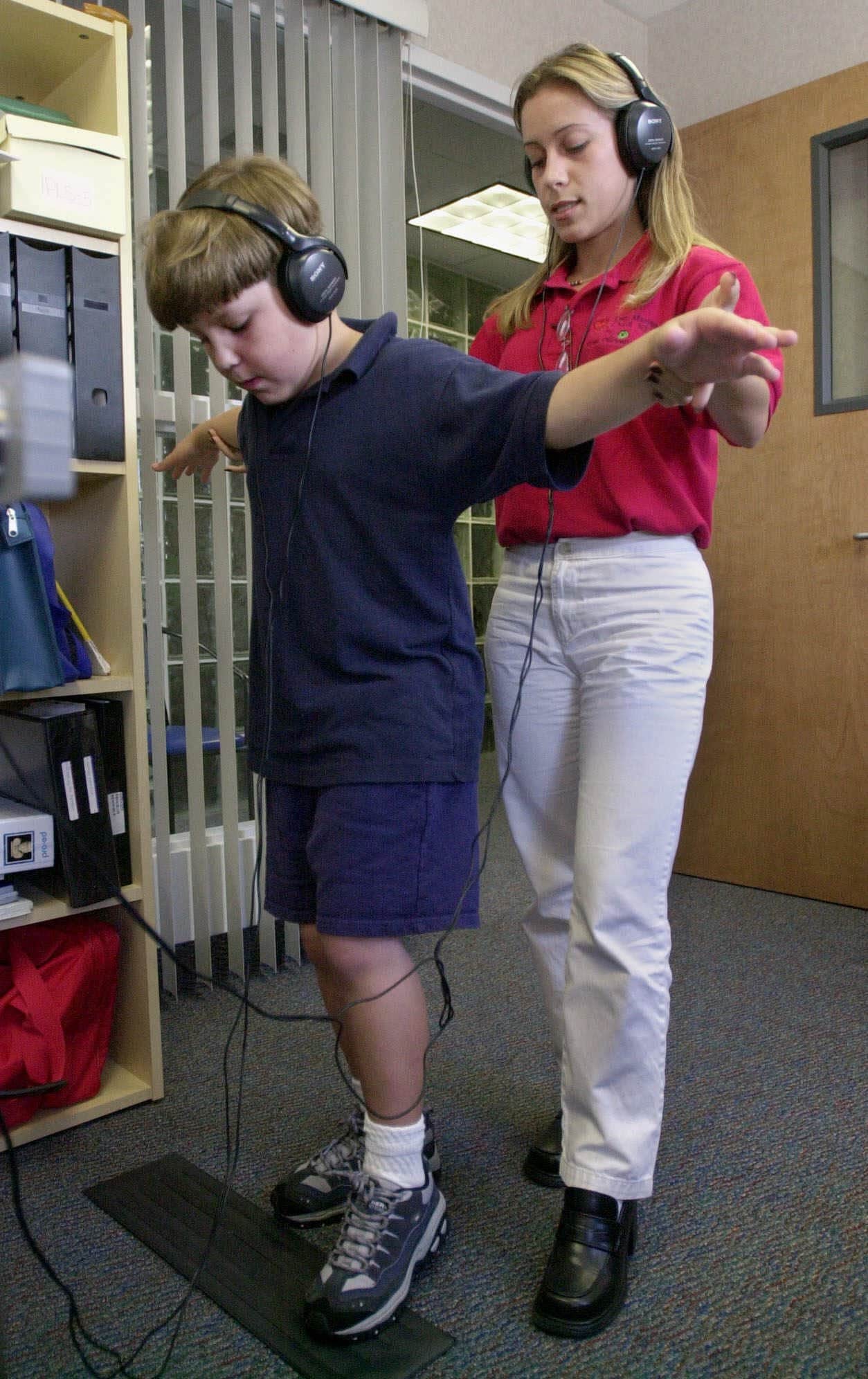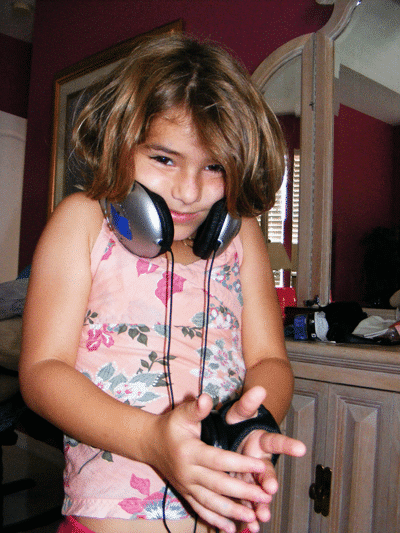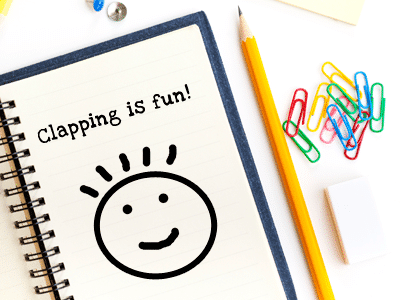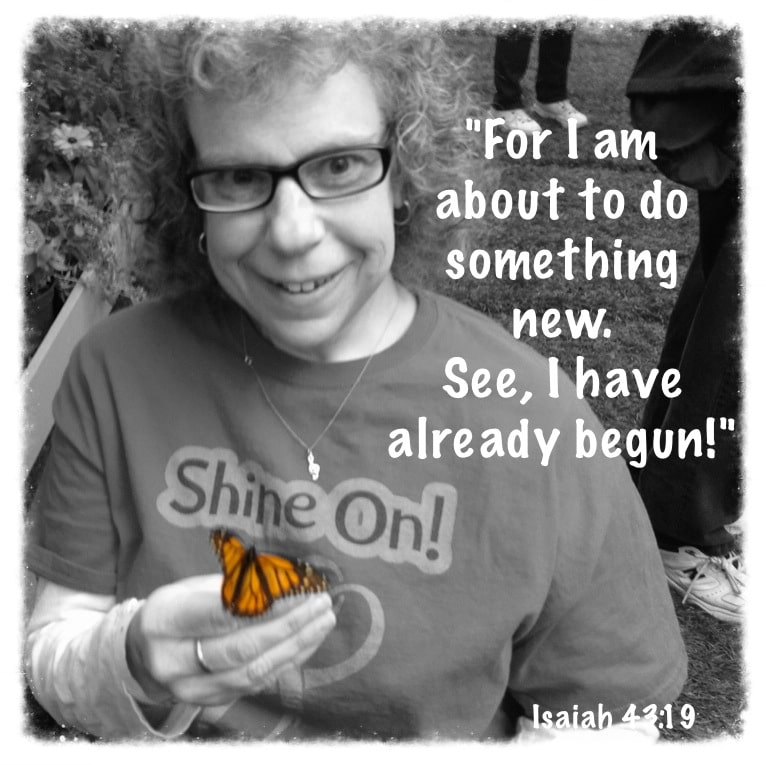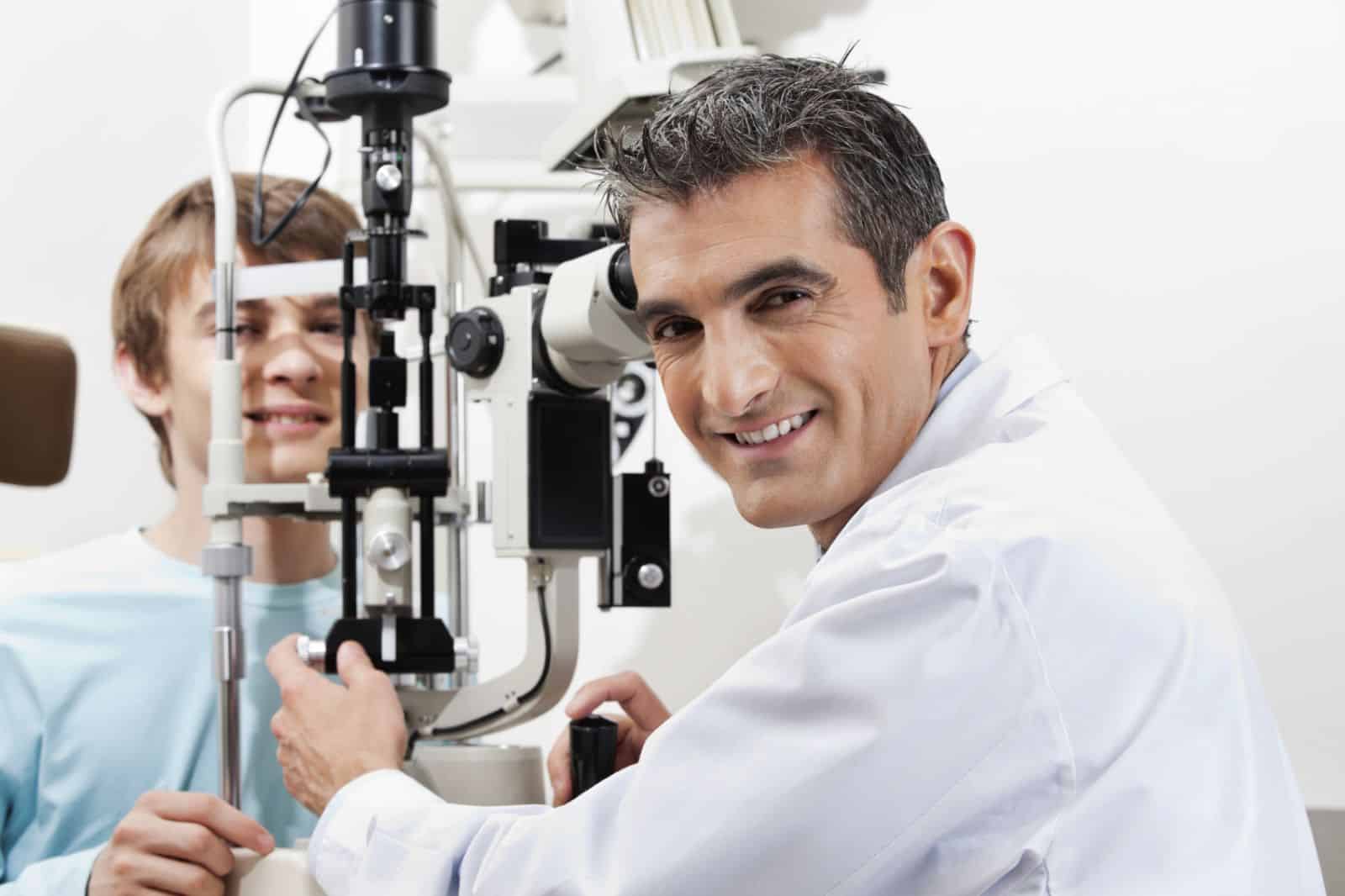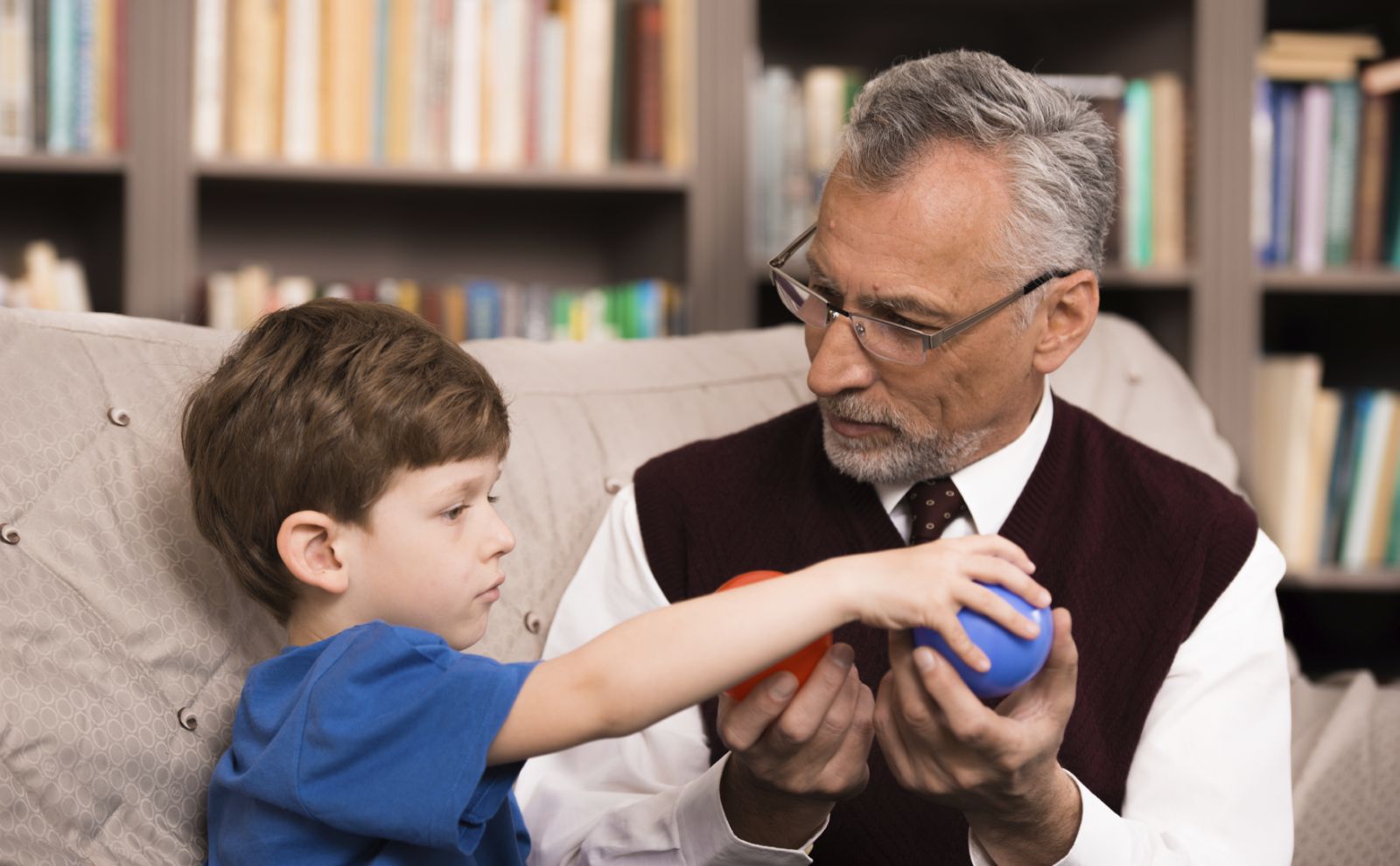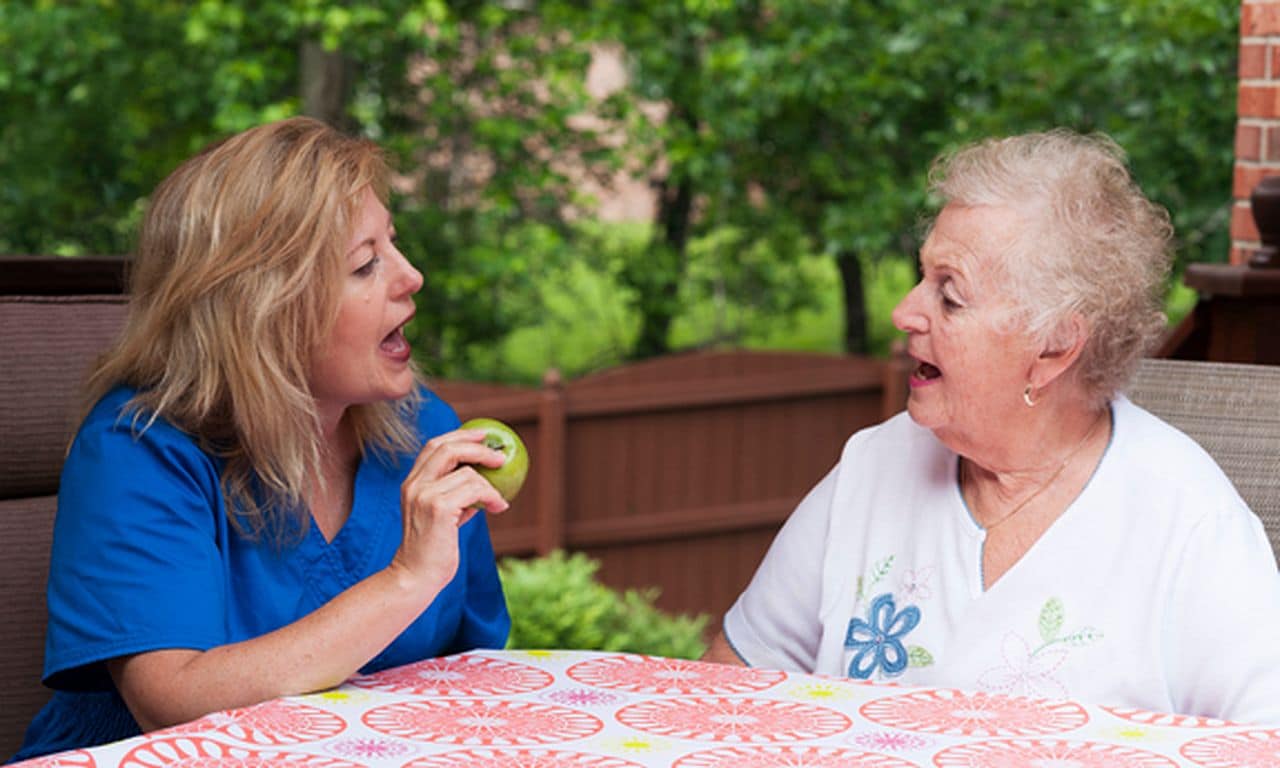Working with coexisting diagnoses
Have you ever working with a client that had more than one diagnosis? Of course, often ADHD and autism, autism and SPD, ADHD and CP, etc. are present in children with developmental delays. So, how can Interactive Metronome help take training to the next level no matter what the diagnosis? Wendy Harron, an awesome OT and IM Provider, has the answers. Read more to find out how to work with cormorbid diagnoses.

